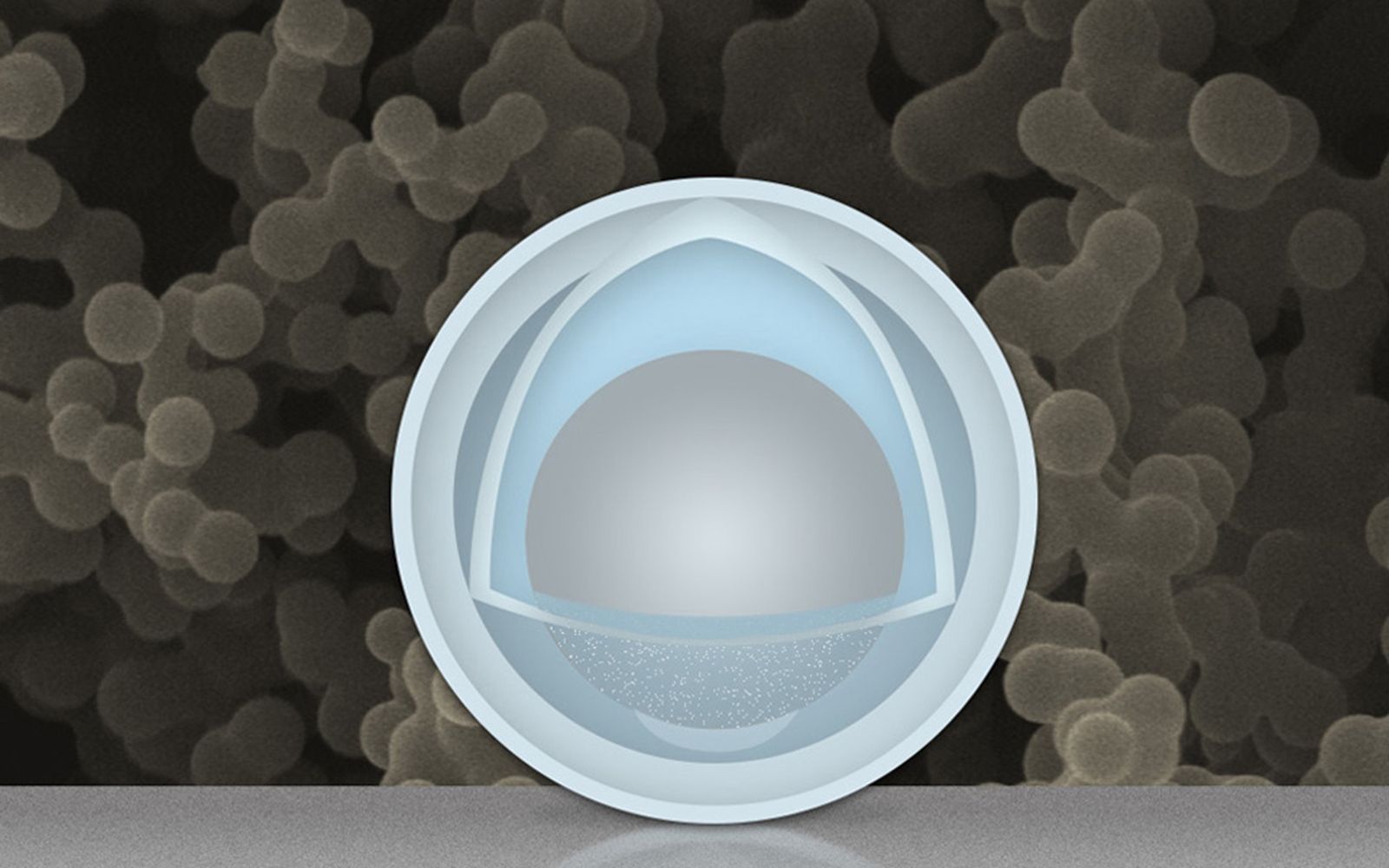Scientists at MIT have cracked a new type of battery that should blow current offerings out of their ionic waters.
The "yolk" and "shell" batteries make use of nanoparticles to allow for greater expansion and contraction. The result is a battery that can charge to full in just six minutes and is able to hold three times the capacity current lithium-ion batteries manage.
To understand how this breakthrough works a battery's workings need to be grasped. Current batteries expand and contract as they charge and discharge, reforming and shedding a "skin" layer which consumes lithium. As lithium content drops the battery's capacity is lessened.
The idea behind the titanium dioxide "shell" and aluminium "yolk" scenario is that the metal can expand and contract without degradation. The result is a battery that not only has a greater capacity and charges faster but that also does not degrade much over time and charging cycles. Not bad considering the discovery was by accident.
MIT scientists say that not only is this battery inexpensive to make but the manufacturing method is easily scalable. That should mean these batteries are close to being ready for real world use.
We've covered plenty of battery discoveries in the past that rarely amount to much in the short term. But this sounds exciting as these batteries could be mass-produced soon.
READ: Future batteries, coming soon: charge in seconds, last months and power over the air

